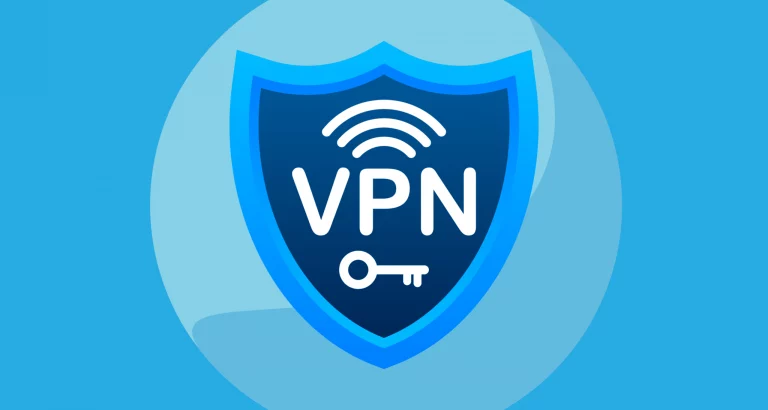
IP geolocation for US
All you need to know about IP Geolocation for US
IP’s geolocation is the technology that gives an IP address location based on the device connected to the internet. From targeted advertising to cybersecurity, more applications are being developed where it is used.
What is IP Geolocation
How does IP Geolocation work?
Although different geolocation services may carry out the process in slightly different ways, this is how it tends to work.
- IP Address Lookup: Find out the IP address of the device.
- Database Query: Next, hit up a database that maps IPs to geos.
- Location Return: Continent, country, region and city from the IP Address database.
US IP Geolocation Challenges
Dynamic IPs: An ISP is assigning many dynamic ips to its customers which may change frequently. Which makes it difficult to locate a device.
- Data Center and Proxy Servers: Devices often connect to the internet via data centers or proxy servers can mask their actual location.
- VPN Use: VPNs can add an additional layer of anonymity to internet traffic and may also be difficult to trace back to a user.
Examples of IP Geolocation for US
Digital Marketing:
- Location targeted Advertising: Advertisers can quickly serve ads to users based on the location which makes ads more relevant resulting in higher click through rates.
- Geo Targeting: Content can begeo-targeted, such as local news, weather and traffic.
Cybersecurity:
- Threat Identification: Security teams can identify threats and response by the analysis of origin location of malicious traffic.
- Counteracting Fraud: Geolocation analyzes IP’s addresses for irregularities and can reveal fake payment card usage.
Network:
- Content Distibution Networks (CDNs): CDNs route the traffic to the servers nearest located to user.
- Network Performance Monitoring: By analyzing the geographic spread of network traffic, network admins can identify regional bottlenecks and performance problems.
User Experience:
- Language and currency: Content can be shown in the correct language and currency since websites know where users are coming from.
- Time Zone Awareness: Adjusting the time sensitive information like event scheduling to the use user local time zone.
US IP Geolocation Accuracy
How accurate IP geolocation is, hinges on:
- Geolocation DataBase Quality: The database itself needs to be good and frequently updated to ensure accuracy.
- Network Settings: Proxies, VPNs, or anything else affecting the network infrastructure can impact location accuracy.
- Dynamic IP Assignments: If the same device changes its IP address frequently, it can be challenging to determine its location exactly.
IP geolocation is an amazing tool, but it has its limitations and should be used with other methods in order to have a more precise location of the user.
Are you interested in learning more about one particular area of IP’s geolocation like the legal ramifications, moral dilemmas or technical details?




